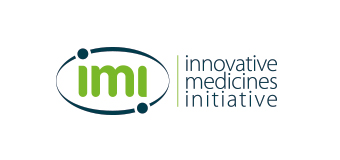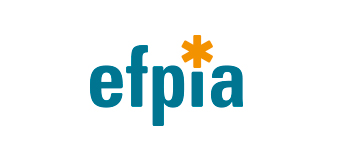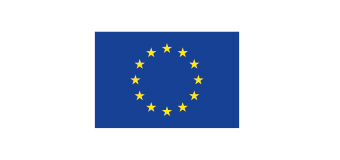Study to test innovative decentralised clinical trial model is ready for patient recruitment.
Trials@Home proof-of-concept study, RADIAL, has activated its first sites and anticipates patient recruitment this month.
Utrecht, June 13, 2023

RADIAL, short for Remote And Decentralised Innovative Approaches to CLinical Trials, is a European proof-of-concept study aiming to test out whether future clinical trials can be successfully run from participants’ homes rather than hospitals or clinics. This month the trial has started with activation of the first sites and anticipates the start of participant recruitment!
RADIAL is conducted as part of Trials@Home, an IMI-funded research project coordinated by the University Medical Center Utrecht and the pharmaceutical company Sanofi. The project’s 31 consortium partners have worked together for nearly four years in consultation with three advisory bodies (a Patient Expert Panel, an External Stakeholder Platform and a Scientific Advisory Board) and many more external stakeholders to explore the concept of decentralized clinical trial approaches, or DCTs. This collaborative, co-creational process has included an inventory and analysis on technologies and best practice approaches within the DCT field, an exploration of the legal, regulatory, quality, and ethical landscape of DCTs, and consultations with relevant stakeholders including patient representatives and regulatory and ethical bodies. This work has informed the design and operational setup of RADIAL.
DCTs are an operational model where trial activities are designed to take place at or in the vicinity of the participant’s home. A DCT approach makes use of digital technologies and other innovative approaches to collect data, enabling fewer visits to the clinic or hospital, if any at all. The goal of RADIAL is to assess the scientific quality and operational feasibility of fully decentralized and hybrid approaches in comparison with traditional, site-based trials. RADIAL will evaluate the acceptability of DCTs in terms of safety, data quality and medical endpoints, as well as explore potential benefits to DCT approaches, such as better recruitment, lower participant and site burden, less interference with routine clinical practice, or a more representative study population. The results of RADIAL and other project outputs will be used to draft recommendations for the implementation and conduct of DCTs in Europe.
RADIAL will compare conventional, remote and “hybrid” trial activities in three treatment arms. In the conventional and hybrid arms, 150 participants each will be recruited using site-based recruitment methods. Then the conventional arm will be conducted with all in-office visits, while the hybrid arm will have some telemedicine visits and some in-office visits. The fully decentralised arm will be carried out entirely remotely, including recruitment of its 300 subjects. In addition to online participant recruitment and telemedicine visits throughout the trial, RADIAL involves several other decentralised elements. These include an electronic process for consenting (eConsenting and eSignature), home nursing visits, remote monitoring of adherence to the trial therapy through a smartcap, an app for patient reported outcomes and medical events, direct-to-patient shipping of the medication, and blood self-collection at home through a finger-prick.
The medication used in RADIAL will be Toujeo®, a long-acting insulin for use in people living with type 2 diabetes. Participants will be recruited across multiple sites and multiple European countries. So far, RADIAL has been approved through the European Clinical Trial Information System (CTIS) in the UK, Poland, Spain, Italy, Denmark, and Germany. RADIAL will last 24 weeks, with the last participant finishing around Spring 2024.
Trials@Home will host a public webinar on 21 June 15-16h CET. If you want to learn more about the trial, learnings so far, and interaction with stakeholders, sign up here.



This project has received funding from the Innovative Medicines Initiative 2 Joint Undertaking under grant agreement No 831458. This Joint Undertaking receives support from the European Union’s Horizon 2020 research and innovation programme and EFPIA.
Notes for editors – not for publication
If you would like more information, please contact the spokesperson at the UMC Utrecht.
Joris Prinssen: +31 6 2571 0234
press@umcutrecht.nl
